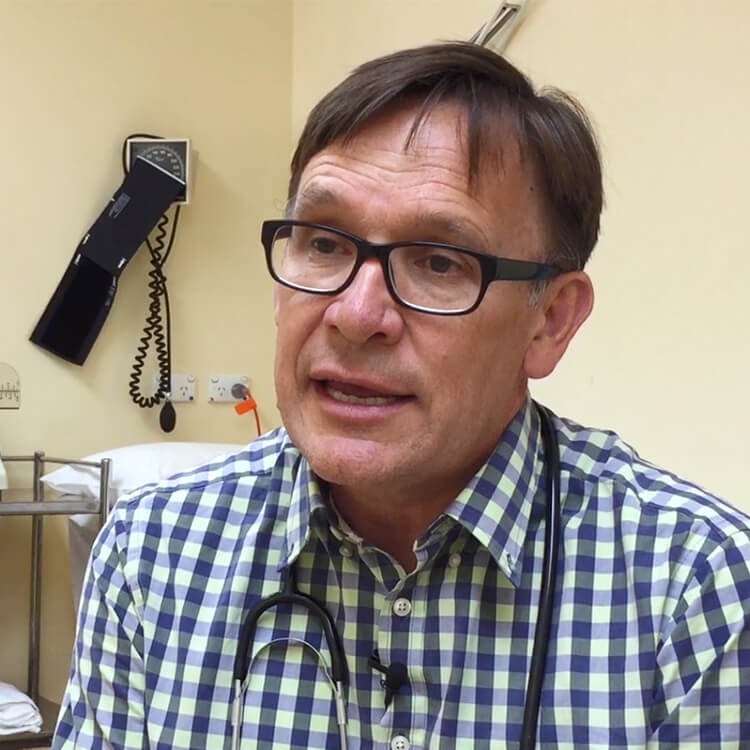Search

News & Events
The Kids Research Institute Australia researcher awarded support fundingA Kids Research Institute Australia researcher has been awarded $10,000 from the New Independent Researcher Infrastructure Support (NIRIS) award.

News & Events
The good oil on immunisationAs a new parent or parent-to-be, you will be faced with many important decisions about your health and the health of your child, including immunisation.
News & Events
National Indigenous Immunisation Research WorkshopYou are invited to register to attend the National Indigenous Immunisation Research Workshop 2013: lessons learnt and future directions Workshop.
News & Events
Experts gather for Aboriginal Immunisation WorkshopExperts in Aboriginal infectious disease research are in Perth this week for the National Indigenous Immunisation Research Workshop (November 7-8).
News & Events
The science of immunisation: Questions and answersCommon myths about immunisation have been laid to rest in a new booklet written by top immunologists and published by the Australian Academy of Science.
News & Events
New vaccine could protect against more types of cancer-causing HPVTrial of new vaccine that could provide women with additional protection against Human Papillomavirus (HPV) types known to cause cervical cancer.

News & Events
Perth women needed for international cervical cancer studyPerth women are being invited to take part in a global study of an exciting new vaccine that could protect against cervical cancer

News & Events
New meningococcal strains bring increased risk in WAA new study has confirmed the changing pattern of meningococcal disease in Western Australia.

News & Events
Pioneering technique opens new window on first week of lifeAn international team of researchers has pioneered a technique which gives unprecedented insight into the dramatic changes occurring in a baby’s body in the first week of life.

News & Events
Babies at risk due to delayed vaccinationsAs many as a quarter of Australian babies aren’t getting vaccinated on time, leaving them at risk of developing life-threatening illnesses such as whooping cough when they are most vulnerable.
